Well respected mentor / 'no spray'
sammy zone 7 Tulsa
14 years ago
Related Stories

DESIGN FOR GOODAt-Risk Teens Get a Well-Designed Home and Real Hope
Designers and other volunteers create an apartment to keep older foster kids off the streets, off drugs and on a path to a better life
Full Story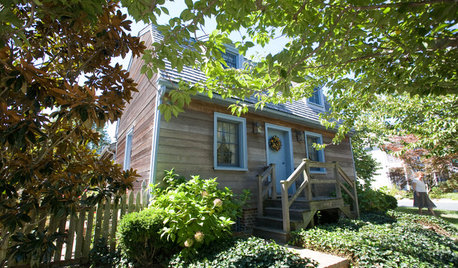
TRADITIONAL HOMESHouzz Tour: New Life for a Historic Mill House
Respectful reconstruction, an addition and a new site take a Delaware home from the 18th century to the present
Full Story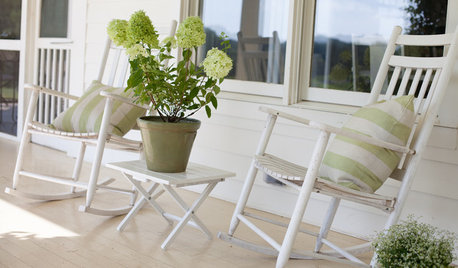
LIFEHow to Get Along With the Neighbors — and Live Happier at Home
Everyone wins when neighbors treat one another with kindness, consideration and respect
Full Story
KITCHEN DESIGNKitchen of the Week: Preserving Period Charm in Atlanta
Additions and updates to this kitchen respect the past while meeting the owner's needs in the present
Full Story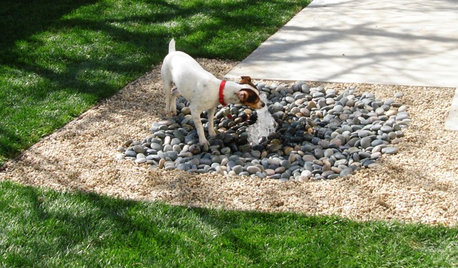
MOST POPULAR8 Backyard Ideas to Delight Your Dog
Cue the joyous soundtrack. These pet-friendly landscape and garden ideas will keep your pooch safe, happy and well exercised outdoors
Full Story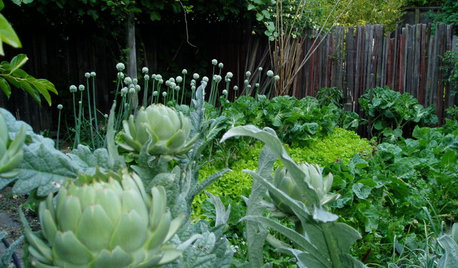
FRONT YARD IDEAS10 Ideas for a Front-Yard Edible Garden Your Neighbors Will Love
Choosing attractive, well-mannered plants and sharing the bounty will go a long way toward keeping the peace
Full Story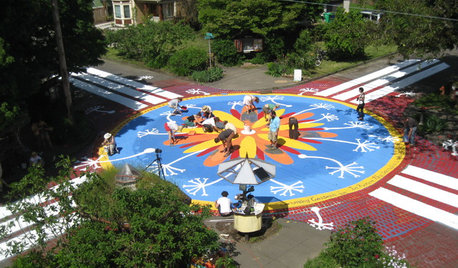
COMMUNITY15 Ways to Make Your Neighborhood Better
Does your community lack ... well, a sense of community? Here's how to strengthen that neighborly spirit
Full Story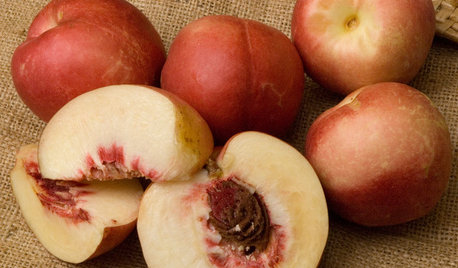
EDIBLE GARDENSGrow Plum Hybrids for Your Favorite Fruit Flavors
Plums are cozying up with apricots, peaches and even cherries — here’s how to grow these hybrids for the best aspects of each
Full Story
Graffiti Makes Good as Home Art and Decor
This onetime style rebel now has a cause: giving walls, rugs and furniture an arresting look
Full StorySponsored







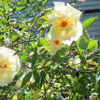
donnaz5
holleygarden Zone 8, East Texas
Related Discussions
What 'orgainic' sprays work reasonably well?
Q
Polka climber in Florida no-spray???
Q
List of no-spray Hybrid Tea's
Q
Bouquets of no-spray roses
Q
sammy zone 7 TulsaOriginal Author
trishaw
sammy zone 7 TulsaOriginal Author
olga_6b
mad_gallica (z5 Eastern NY)
donnaz5
sherryocala
sammy zone 7 TulsaOriginal Author
Krista_5NY
greybird
donnaz5
donnaz5
sammy zone 7 TulsaOriginal Author
ogrose_tx
diane_nj 6b/7a
riku
veilchen
mendocino_rose
sergeantcuff
pfzimmerman
sammy zone 7 TulsaOriginal Author
sandy808
catsrose
sandy808
pfzimmerman
taoseeker
saldut
petsitterbarb
mendocino_rose
sammy zone 7 TulsaOriginal Author
mendocino_rose
plan9fromposhmadison
sammy zone 7 TulsaOriginal Author
julieroses
mariannese
lavender_lass
User
pfzimmerman
lagomorphmom
lemecdutex
jerijen
lemecdutex
zack_lau z6 CT ARS Consulting Rosarian